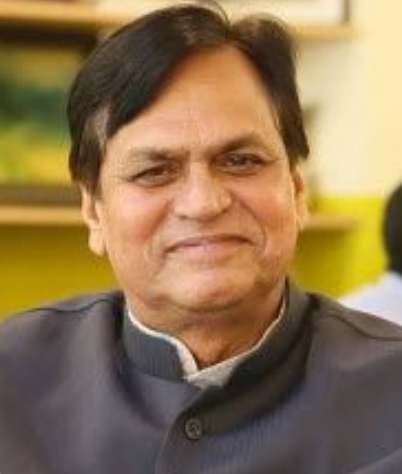Patna, Aug 24: The Central commission to amend India’s Scheduled Caste list was urged by the All India Pasmanda Muslim Mahaz (AIPMM) to be religion-neutral when it comes to the question of including Dalit Muslims and Christians nationwide. The Centre had in 2022 appointed a commission, headed by former CJI K.G. Balakrishnan, to consider the possibility of granting SC status to “new persons who have historically belonged to the Scheduled Castes” but have converted to religions other than Hinduism, Buddhism, and Sikhism. The Constitution (Scheduled Castes) Order, 1950, issued under clause (1) of Article 341, currently includes only Hindu, Sikh, and Buddhist Dalits in the Scheduled Castes List.
An AIPMM delegation led by its president and former Rajya Sabha MP, Ali Anwar Ansari, met with the three-member commission chaired by former CJI K.G. Balakrishnan. The delegation emphasized the need to make the SC list religion-neutral, allowing marginalized Muslims to be included. The term Pasmanda (Marginalized) is being used to refer to a broad category that includes Backward, Dalit, and Adivasi Muslims.
According to a statement issued by Ansari, “We met the commission, headed by former CJI K.G. Balakrishnan, today and urged that the Centre must make SC status religion-neutral. After the promulgation of the Constitution of India, the President, under Article 341(1), issued the Constitution (Scheduled Castes) Order 1950, listing the ‘castes, races, tribes’ to be included in the SC category.
“Para 3 of the order excluded all non-Hindu groups (with the provision of four Sikh castes: the Ramdasi, Kabirpanthi, Mazhabi, and Sikligar of the Punjab region). Subsequently, the SC net was expanded through amendments, and commissions and the remaining Sikh and all Buddhist castes of Dalit origins were included in the SC list. But Marginalized Muslims have not been included in the SC list. Muslims and Christians of Dalit origins have long struggled to lift the religious ban to be duly included in the SC category. Since 2004, several petitions have been filed in the Supreme Court by Dalit Muslims and Dalit Christians seeking the scrapping of Para 3 of Art 341 of the Constitution, which is seen as arbitrary and unconstitutional.”
The delegation further apprised the commission that despite their overwhelming numerical strength within the community, Marginalized Muslims are underrepresented in jobs, legislatures, and government-run minority institutions, as well as community-run Muslim organizations.




